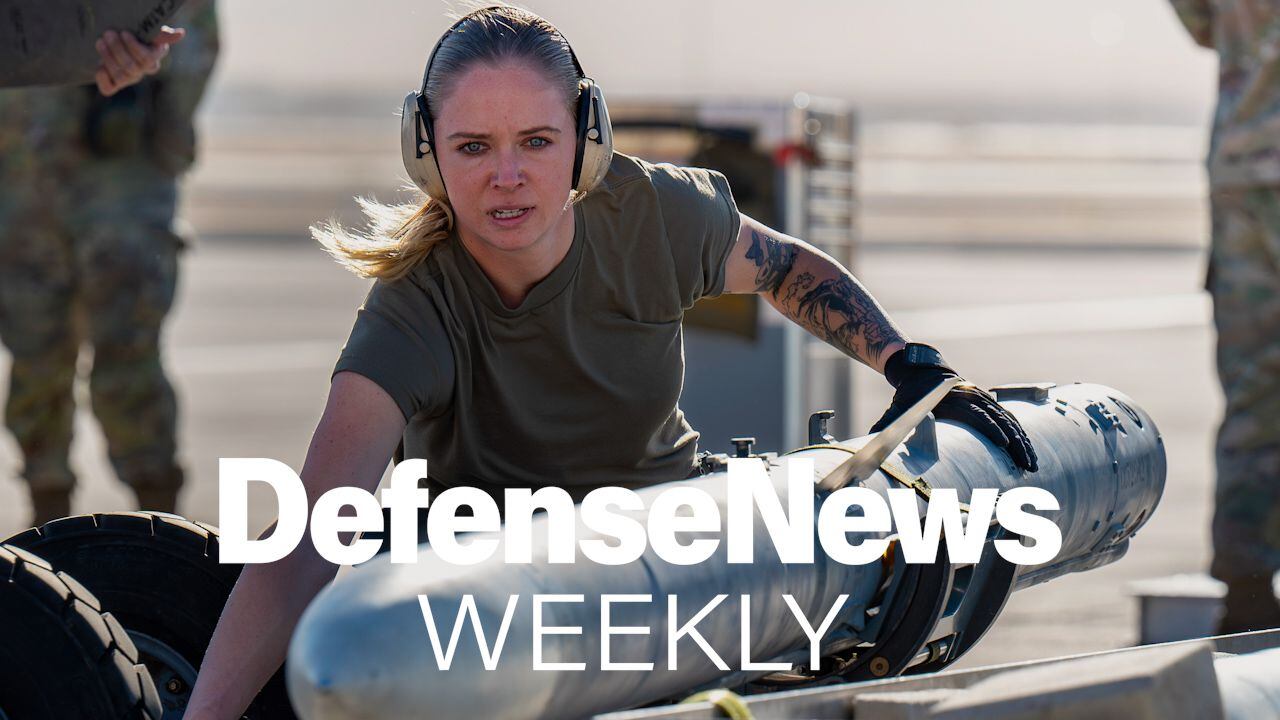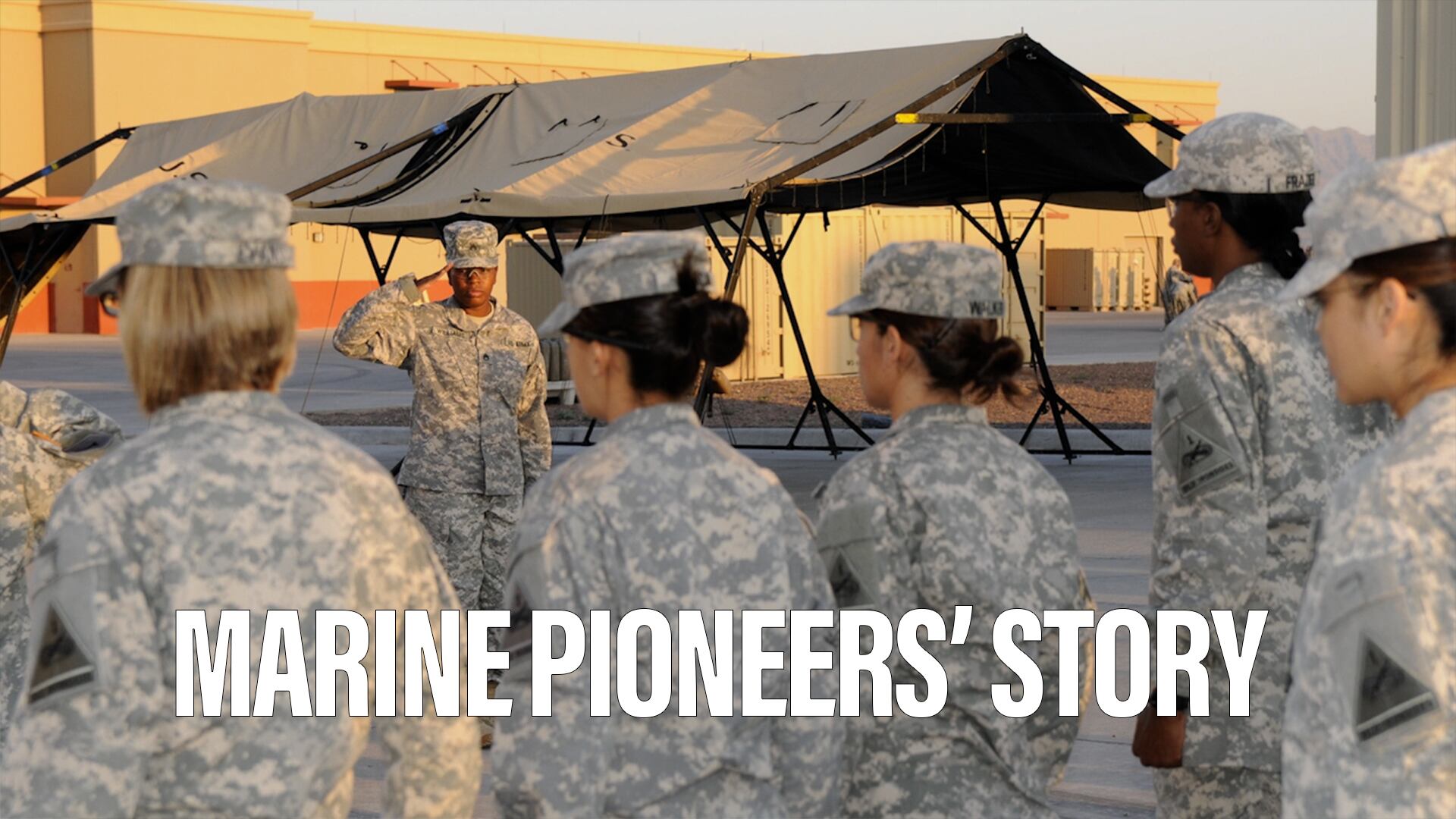BEIRUT — The Lebanese militant group Hezbollah has exchanged near-daily strikes with Israeli forces near the border region for almost seven months in the wake of Israel’s war against Hamas in Gaza.
And while Lebanon’s national military is working closely with a United Nations-led force to deescalate tension and improve border security, economic and political factors are hindering these efforts, analysts have told Defense News.
The Lebanese Armed Forces, or LAF, is struggling to fulfill its mission due to Hezbollah’s “position in national politics, the spillover effects of the Syrian and Gazan conflicts, the severe and prolonged economic depression and an ongoing governance crisis,” according to the International Institute for Strategic Studies, a London-based think tank.
Formed in 1982, Hezbollah is an Iran-backed armed group and also a Shiite political party in Lebanon. The U.S. considers the organization a terrorist group.
In the years leading up to Lebanon’s 1975-1990 civil war and throughout the conflict, the presence of militant groups affiliated with sectarian parties grew. The sectarian leaders themselves preferred to create their own armed groups instead of empowering a government institution with the mandate to defend the whole country, according to Dina Arakji, a defense analyst with the Middle East Institute think tank.

In October 2019, Lebanon was plunged into a severe financial crisis, stemming from decades of corruption and mismanagement by a political class that has ruled the country since the end of the civil war. The state of the economy was further exacerbated by the COVID-19 pandemic and the deadly Port of Beirut explosion in August 2020, per the World Bank.
The government has predominantly allocated its defense budget to salaries and benefits over the last two decades, limiting procurement programs. The situation is worsened by the absence of a political will to empower the military, Arakji told Defense News.
Hassan Jouni, a former Lebanese Armed Forces brigadier general who now works in academia, agreed.
“There is no accordance neither in politics, nor in strategy. We lack a national view,” Jouni told Defense News.
While the military does have governmental support, Jouni added, some perceive it as weak and unable to defend the country’s borders, “especially people in south Lebanon, who have firsthand experience with the Israeli threat.”
Foreign aid
Since the 2019 economic collapse, foreign security assistance to the LAF has largely focused on supporting and sustaining existing capabilities, including providing the force with spare parts for its equipment, Arakji noted.
Until recently made up of approximately 80,000 troops, the military likely lost about 7,000 personnel due to early retirement and a failure to adjust salaries following the economic crash, according to Jouni. To avoid mass resignation, the military allowed personnel to work other jobs, such as driving for ride-hailing services.
“When I was commander of the Staff College, the yearly budget used to be around $160,000 for approximately 100, between trainers and students. After the collapse, it went down to $10,000,″ Jouni said.

In current U.S. dollars, Lebanon went from a $2 billion defense budget in 2019 to a $432 million fund in 2020, after the economy crashed, according to data from the Stockholm International Peace Research Institute, a Swedish think tank. Its 2023 defense budget dropped to $241 million.
“The LAF remains dependent on foreign support to replace and modernise its ageing equipment. Lebanon has no significant domestic defence industry,” the IISS think tank wrote in a February report analyzing militaries around the world.
Amid its financial troubles, the military lacks advanced air defense systems that would defend against the increased proliferation of drones and missiles in modern warfare. However, “the LAF has some capabilities that Hezbollah does not, and most of those are derived from the fact that the LAF is a conventional military, whereas Hezbollah remains fundamentally an asymmetric paramilitary force,” said Aram Nerguizian, a Middle East military expert at the U.S.-based Center for Strategic and International Studies think tank.
He noted the military fields the A-29 Super Tucano plane and the MD-530F+ helicopter for light attack capabilities and to fulfill intelligence, surveillance and reconnaissance missions. Both aircraft types can deploy U.S.-supplied weapons systems that let the force launch precision strikes against soft, high-value targets.
He pointed to the military’s drone fleet, which includes the Boeing Insitu ScanEagle provided by the United States. The force has also significantly expanded its artillery inventory with the M109A5 self-propelled howitzer.

In addition, some LAF units, such as the special forces, have counterterror and warfare experience, and they receive training abroad. Indeed, Lebanon’s armed forces are one of the most operationally capable among Arab militaries, Nerguizian said. As an example, he cited the military’s response to the threat of the Islamic State group along the border with Syria from 2014 to 2017.
“The U.S. military looks at the LAF as the only case of a national military in the Middle East decisively defeating and ejecting ISIS,” he told Defense News.
The United States is a major financial contributor to Lebanon’s security. Since 2006, the U.S. has provided more than $5.5 billion in total foreign assistance to Lebanon, according to the U.S. State Department, with more than $3 billion meant to boost the military and security as well as counter Hezbollah’s influence.
“The Lebanese security environment is not organized the way you would have it in Jordan or Egypt in terms of the bilateral relationships. For example, there is no explicit U.S.-Lebanon state-to-state military relationship. It’s a U.S.-LAF military-to-military relationship,” Nerguizian said.
Together with Qatar, the U.S. also helps pay the salaries of security personnel.
America’s support signals its confidence the Lebanese military is “an innovative and adaptable partner in a complicated region” Nerguizian said. But this commitment remains subject to periodical review, and is vulnerable to the ebbs and flows of U.S. politics.
Still, there are other sources of foreign aid, Jouni noted: NATO members, such as the U.K., support Lebanese special units; Italy trains Lebanese forces on military combat techniques; and Canada provides winter weather training and the necessary equipment for such conditions.
The British, American, Italian and Canadian embassies in Lebanon did not respond to requests for comment. The Lebanese Army also did not respond to Defense News’ inquiries.
However, Kai Zimmermann, a military official with the German Embassy in Beirut, told Defense News the country has supported the LAF as part of the Enable and Enhance Initiative started in 2017, with a focus on rebuilding the military infrastructure in the port of Beirut as well as strengthening the Lebanese Navy’s training activities and ability to deploy vessels at sea.
Twofold threat
For Jouni, the LAF faces two challenges: defending itself against Israel and countering the threat of terrorism.
“When we talk about [the] Israeli threat, we talk about the implementation of the Resolution 1701,″ the former officer said, referring to the U.N.’s call to end the 2006 conflict between Hezbollah and Israel.
It also encouraged the deployment of 15,000 Lebanese troops along the southern border with Israel, although the military contingent there currently numbers about 5,000, according to Abdallah Bou Habib, Lebanon’s foreign minister, who spoke to the Lebanese daily newspaper L’Orient-Le Jour.
Indeed, there’s support among the partners of Lebanon and Israel for “an expanded and consolidated LAF deployment” along the U.N.-drawn border demarcation line, Nerguizian said, adding that this is also preferable to the Israel Defense Forces and would benefit the region, within a larger international framework.

One of the LAF’s missions is to fully implement that U.N. resolution, preferably “in a nonconfrontational way,” Jouni said; others include neutralizing the threat of militias and resistance groups as well as uniting a divided population. Failure to achieve these aims could lead to further conflict, Jouni said, and the force can only reach its goals with “a military and defense strategy, backed by a political vision.”
“There are events happening in the Middle East that are relatively routine and predictable,” Nerguizian said.
“Then you have once-in-a-generation, but potentially dramatic, changes,” he added, citing Hamas’ attack on Israel in early October, and before that the formation of Hezbollah, “which ultimately led to a tectonic change.”
According to the expert, Lebanon’s military proactively understood the scale of potential change to come, more so than any other Lebanese institution or faction.
However, “the only missing element is the national political willpower to commit the LAF to its national security duties,” Nerguizian said. Without this, Lebanon risks remaining unprepared for these rare but significant events.
The Associated Press contributed to this report.
Agnese Stracquadanio is a Middle East correspondent for Defense News. She has a background in writing and photojournalism, holds a master's degree in international relations, and previously worked for Reuters.








